By: Joshua Gillingham
Geyr nú Garmr mjök fyr Gnipahelli,
festr mun slitna, en freki renna;
fjölð veit ek fræða, fram sé ek lengra
um ragna rök römm sigtíva.
Now Garm howls loud | before Gnipahellir,
The fetters will burst, | and the wolf run free;
Much do I know, | and more can see
Of the fate of the gods, | the mighty in fight.
—Völuspa, trans. H. A. Bellows
The Norse myths are singular among mythic narratives for a fascinating reason: the gods lose. They do not just lose a treasure, nor just a battle. They lose everything.
Odin, All-Father, the wisest of all the gods, who goes so far as to sacrifice one of his eyes in his quest for wisdom, finds no enlightenment at the end of his journey. No pearly gates and no transcendent nirvana await him or his fellow aesir, the gods who rule over the Nine Realms in Norse mythology. Ragnarök, the doom of the gods as foretold by the seeress in the epic poem Völuspa, is an invincible fact.
Fatalism, the idea that the future has already happened in the sense that it is fixed, feels primitive to the modern mind. Dystopic Fatalism, the belief everything we have known and have experienced will one day be annihilated in a disaster of apocalyptic proportions, seems even more distasteful. And yet, I believe we are in such desperate need of this world view that it may be the only thing left with any hope of saving us from ourselves.
We are accustomed to believing that we are in control of our future. Society is teeming with propaganda about how we can control our lives, particularly through our purchases. On a microscale, it certainly does seem like we are in control of what we eat or where we shop or how we choose to spend our money. But these are all trivialities and this sense of control we experience while navigating an endless multitude of nearly meaningless choices makes it easy to forget about issues that actually matter. Issues like the environment. Issues like justice and equity. Issues like that of our own mortality.
So we choose instead to believe, or perhaps to hope, that our destinies are our own to forge. But there is a great arrogance in our rejection of Fatalism as a naive or primitive way of looking at things. Even more arrogant is to reject Dystopic Fatalism with the thought that ‘everything will work out fine’ if we simply stay the course. I will argue here that embracing Dystopic Fatalism can have an incredible transformative effect on both individuals and on society.
First, the argument against Fatalism. The classic rebuttal of this philosophy is known as the Idle Argument or the Lazy Argument. It goes a little bit like this: One day, you discover you are ill. According to Fatalism, either it is fated that you will recover or that you will not. A friend asks if you are going to call a doctor and you shrug. “What’s the point,” you say, “It’s already fated, isn’t it?”
The Stoic philosopher Chrysippus of Soli refuted the Idle Argument using the notion of events being co-fated. For example, it may have been fated that you would become ill but perhaps it was also fated that you would call a doctor who would help you recover. This leads nicely into what at first appears like a frustrating aspect of Fatalism: even if events are fated, we have no access to the future. We are blind to it. And yet this is the fulcrum on which the advantage of Dystopic Fatalism pivots.
In the Norse Myths, Ragnarök represents the doom that we know, deep within ourselves, is bound to come. And that knowledge, the knowledge of certain doom, opens what I call the chasm of despair. This pit is so deep and dark that it seems we either must close our eyes and numb ourselves to its darkness or simply let ourselves slip down into its nihilistic depths. From there we can do nothing but cow to the hopelessness that emanates from its center like the gravitational pull of a distant star gone dark. It is in that place that we are truly and utterly defeated.
However, there is a third response. Those with a more defiant will, with a deeper sense of pride and strength of character, might dare to leap across the chasm of despair. Those who do will find themselves on firmer ground. For the Vikings, this leap meant embracing the possibility of death in battle or daring great deeds. Death was not a fact to be avoided or forgotten; it was the greatest reason of all to live life to the fullest. Hardship and danger were not things to hide from; in fact, they were the true measure of one’s strength and character. This feature of Viking culture is largely, if not solely, responsible for the fact that we still regard them with fascination today.
So the hidden magic of Ragnarök works like this: Yes, the gods are doomed. But they don’t give up. They don’t run. The gods begin to prepare for the end they know is coming, acknowledging that the only say they have in fate is how they choose how to face it. Instead of abandoning themselves to drunkenness, the Einherjar train for battle every day on the fields outside Odin’s feasting hall of Valhalla. Thor taunts Jormungandr, the world serpent, by going fishing for it in a giant’s boat though he knows that they will be each other’s doom in the final battle. Heimdal, the watchman of Asgard, holds his post with a vigilance that never wavers; he stands ready to proudly sound Gjallarhorn when Bifrost, the shimmering rainbow bridge between words, shakes with the footsteps of Surt, the fire giant with a flaming sword.
The accounts of highly regarded Vikings relate their adherence to this view of the world. Would Leif Erikson and his hardy crew of Vikings have braved the vast expanse of the open Atlantic in their wooden longships without this mindset deeply rooted within themselves? Would Viking warriors have set siege to Paris and sacked Constantinople without being willing to defy the odds and risk it all for the slimmest chance of glory? Would we still be writing books and making movies about the exploits of Ragnar Lothbrok and his famous sons if they had not dared to challenge the kingdoms of the British Isles?
The aesir’s response to Ragnarök in the Norse myths encapsulates what I call the heroic ethic, and it is truly the essence of the fiction that I write. Like brooding Odin, vigilant Frigg, and ever watchful Heimdall, the characters I create are faced with seemingly insurmountable odds. However, honor compels them to throw themselves into the fray with nothing but their wits, their courage, and their bond of friendship. In the end, that very act of defiance is the first step toward undoing the great evils which have taken hold of the world.
To relate this to our present environmental situation, as an example: Dystopic Fatalism predicts that the environment is already well beyond repair. But what might our response be to the environmental crisis be if, instead of staring down into the chasm of despair, we leapt across it and embraced the heroic ethic? What if we stopped endlessly weighing the odds of whether or not we could actually turn things around and just threw ourselves into the effort? What unforeseen solutions might we stumble upon if we stopped tranquilizing ourselves with media and consumer goods, and instead forged ahead along the path to the kind of future that we wish we could live in?
The skeptic will say, “But what if it doesn’t work?” Those who have embraced the notion of Dystopic Fatalism and hold true to the heroic ethic would be swift in their response. “Well, then we were doomed anyway. But at least we lived our lives in a way worth remembering.”
Perhaps there is such a thing as destiny, though if there is, I do not think we will ever know it. Without such knowledge, we can wallow at the edge of the chasm of despair or we can try as we might to embrace the heroic ethic and leap over it.
Fullar grindr sá ek fyr Fitjungs sonum,
nú bera þeir vánar völ;
svá er auðr sem augabragð,
hann er valtastr vina.
Cattle die, | and kinsmen die,
And so one dies one’s self;
One thing now | that never dies,
The fame of a dead man’s deeds.
—Hávamál, trans. H. A. Bellows
References
A. Bellows, The Poetic Edda, 1936. Public Domain.
Bobzien. Determinism and Freedom in Stoic Philosophy (Oxford 1998), ch.5, ‘The Idle Argument’.
Joshua Gillingham is an author, board game designer, and Viking enthusiast from Vancouver Island, Canada. He is the author of the acclaimed novel, The Gatewatch (Crowsnest Books), which is the first book in the Saga of Torin Ten-Trees; it is a fantasy adventure inspired by the Norse Myths and Icelandic Sagas. He also co-authored Old Norse for Modern Times, an Old Norse phrasebook, alongside Ian Stuart Sharpe and Dr. Arngrimur Vidalin from the University of Iceland, and he designed the historical Viking card game Althingi: One Will Rise (Outland Entertainment). Joshua is now looking forward to the release of The Everspring, the sequel to The Gatewatch, as he continues work on the final book in the trilogy.
Image: Ragnarok by Johannes Gehrts (public domain)

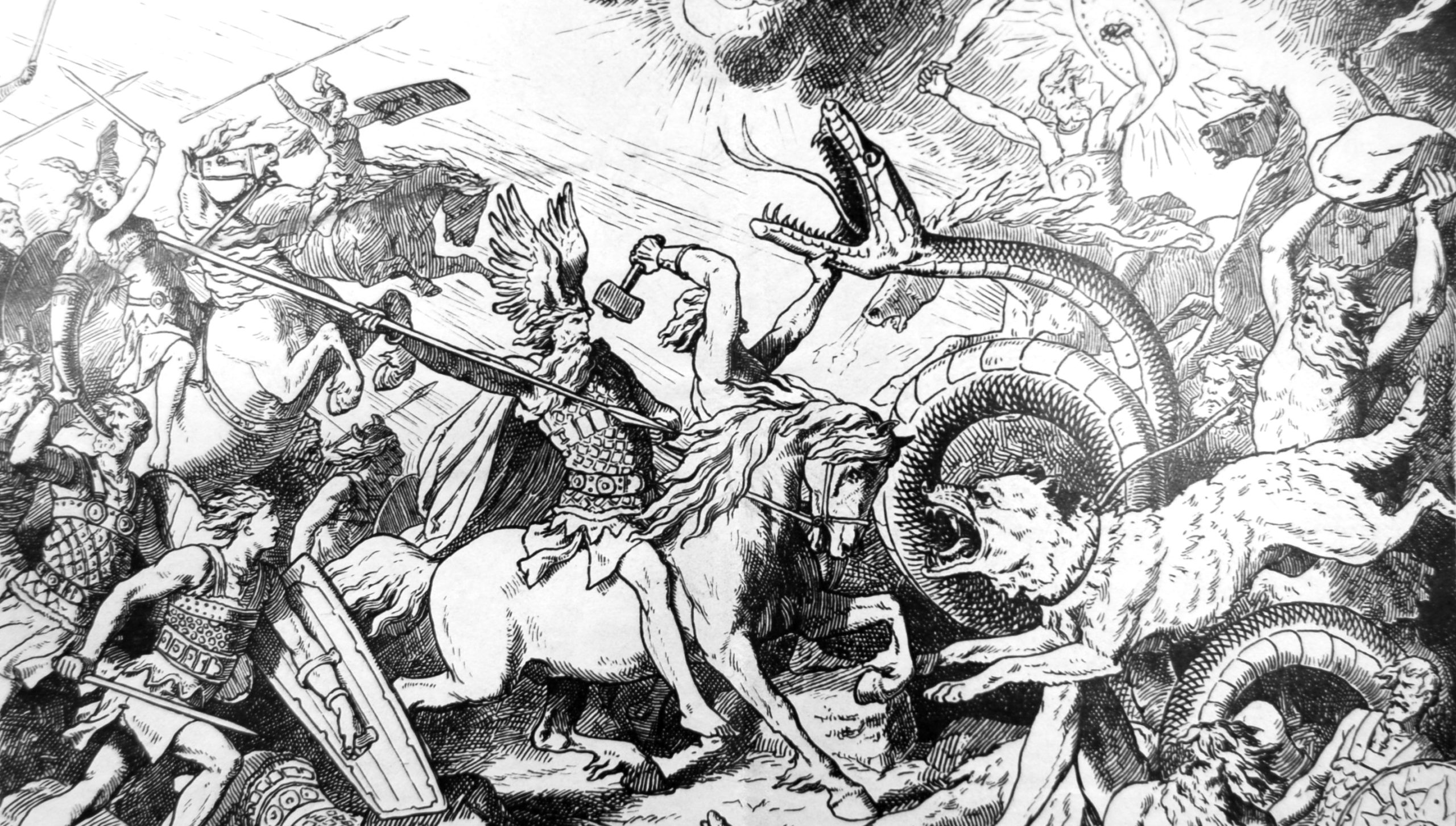

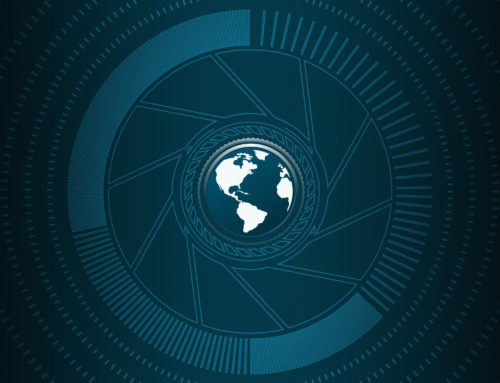
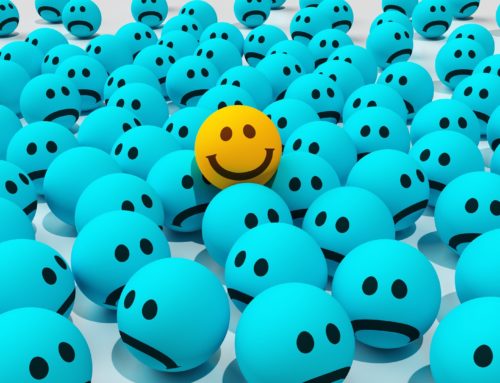
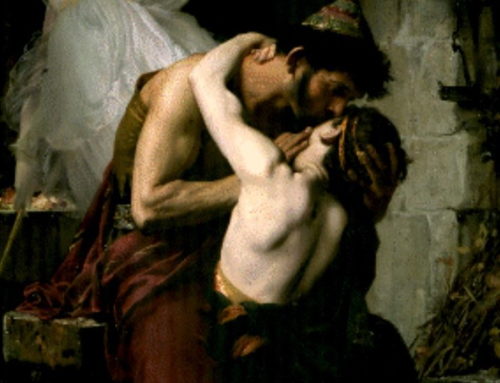

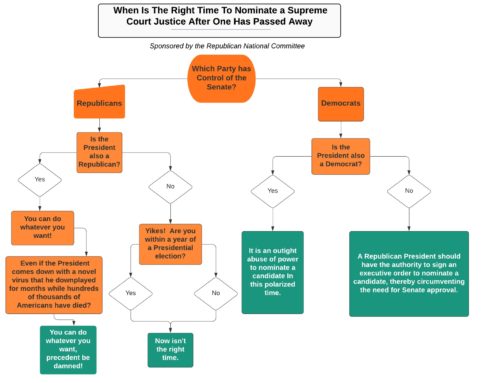
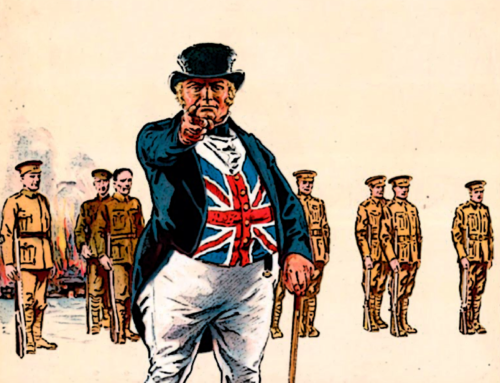
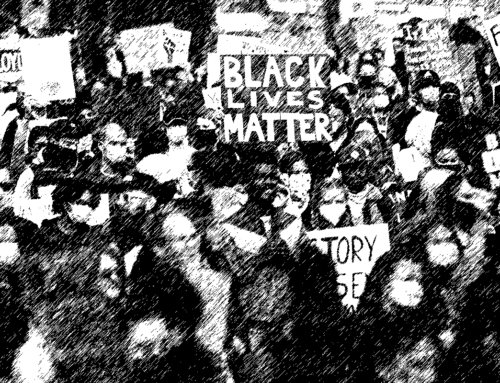
Leave A Comment